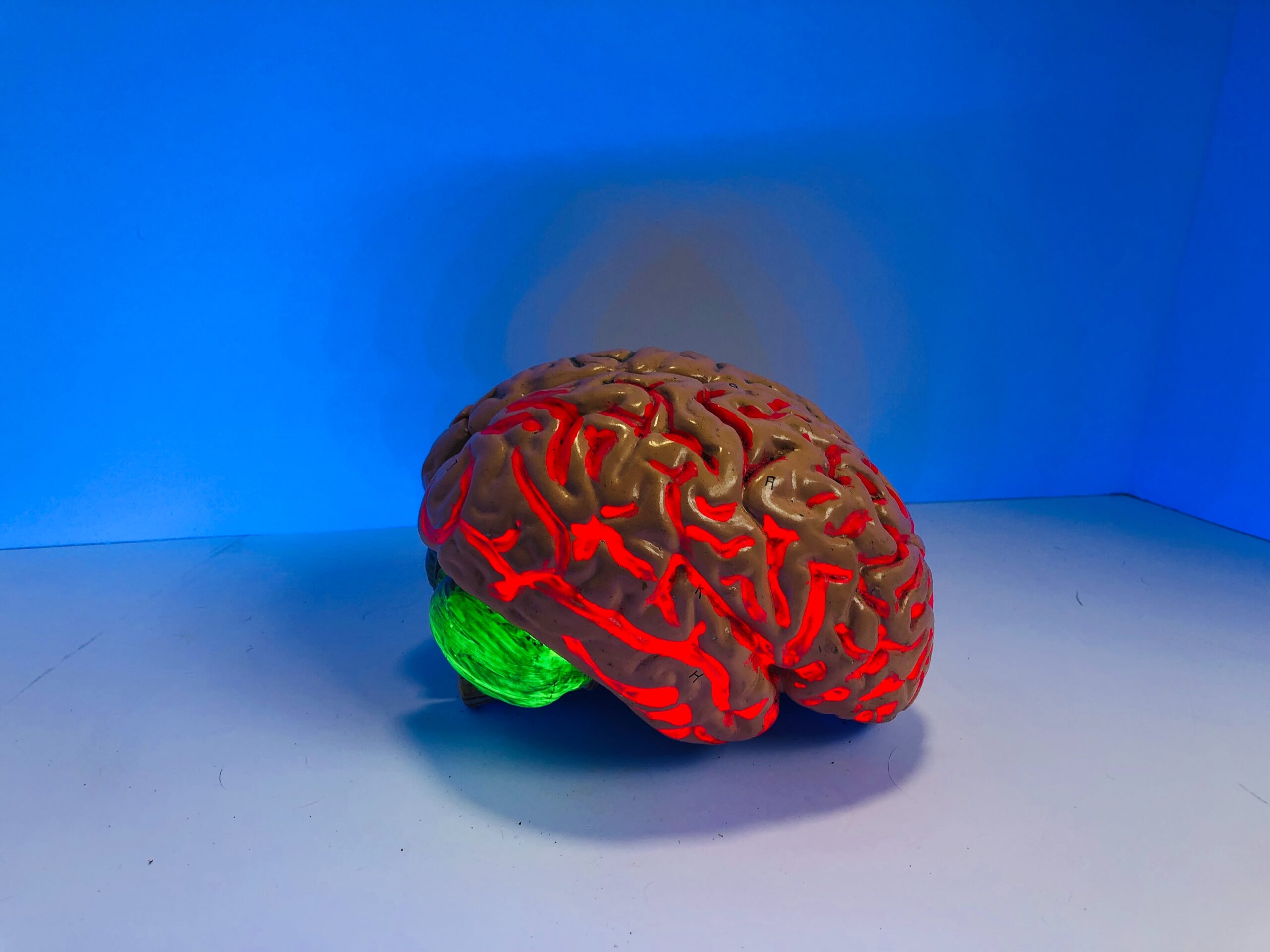The power of addictions over your brain.

“Addictions are pleasures in disguise.“
There are various deadly addictions prevalent on our planet. They are all around us, but we often fail to recognize their insidious trap until it’s too late.
Society and the market have inadvertently integrated these addictions into our daily lives due to their lucrative financial gain. They subtly normalize these substances, portraying them as acceptable behaviors. As children, we are exposed to these addictions through television commercials that showcase adults smoking and drinking. These commercials subconsciously educate our brains to perceive these actions as a part of adulthood.
During my youth, I engaged in activities such as playing video games, drinking, and smoking after work with friends. However, over time, we gradually escalated our consumption, seeking a more intense and pleasurable experience through the use of drugs.
It is essential to clarify that engaging in video games or socializing with friends is not inherently wrong. The issue is that many individuals brought their unhealthy habits into these social settings.
Addictions commence as a curiosity to explore the sensations of our bodies, but they swiftly escalate, becoming challenging to extinguish.
Our human body perceives its surroundings through hearing, sight, and smell. However, since ancient times, we have discovered substances or plants that alter our sensory perceptions, providing us with an altered experience.
Chemicals are released in our brains that induce pleasure, but we constantly seek ways to enhance our sensations. Once we achieve this, we yearn to repeat the experience, expanding the enjoyment. This is where addictions arise.
Over time, addictions lead to heightened cravings, diminished willpower, and heightened reactivity to cues that trigger the desire for the altered experience. Consequently, they also diminish sensitivity and tolerance to rewards.
Addiction experts classify this as a stress disorder characterized by chronic use, leading to multiple alterations in the brain’s stress systems.
As a result, individuals become more prone to relying on addictions for relief during stressful situations, simultaneously losing the ability to resist.
However, as we acknowledge the perilous consequences of addiction, what measures can we employ to safeguard our brains from its detrimental effects?
My friend, having personally experienced the brink of addiction and death, I can attest that after achieving sobriety, I have maintained it and find it far more fulfilling than any other life.
Every day, I engage in activities that involve deconstructing my past experiences with addiction and seeking solutions to prevent their destructive outcomes. These efforts have transformed me into a better person.
Like many addictions, there are various approaches to avoiding and overcoming them. Additionally, if the addiction persists, alternative recovery programs are available.
However, isn’t it preferable to have a genuine partner rather than resorting to pornography? Or isn’t it better to arrive at work every day without a headache and the lingering scent of alcohol?
Furthermore, isn’t it better to navigate life’s challenges soberly rather than make poor decisions under the influence of addictions?
I encourage you to reflect on the obstacles that hinder your ability to lead a fulfilling life. Take time to examine your daily habits and identify the factors holding you back. Sometimes, confronting the truth requires a profound level of honesty with oneself.
Thanks for reading!
If you know someone going through emotional problems who lacks control over addictive substances, that person may be on the brink of losing their home and falling into the abyss of homelessness and addictions. Please call a helpline.
If my articles have helped and inspired you, consider supporting my work by…
SUBSCRIBING to FINDING NEW LIFE, My Substack Newsletter.
Discover more articles at MEDIUM.com or visit my Quora Space.
